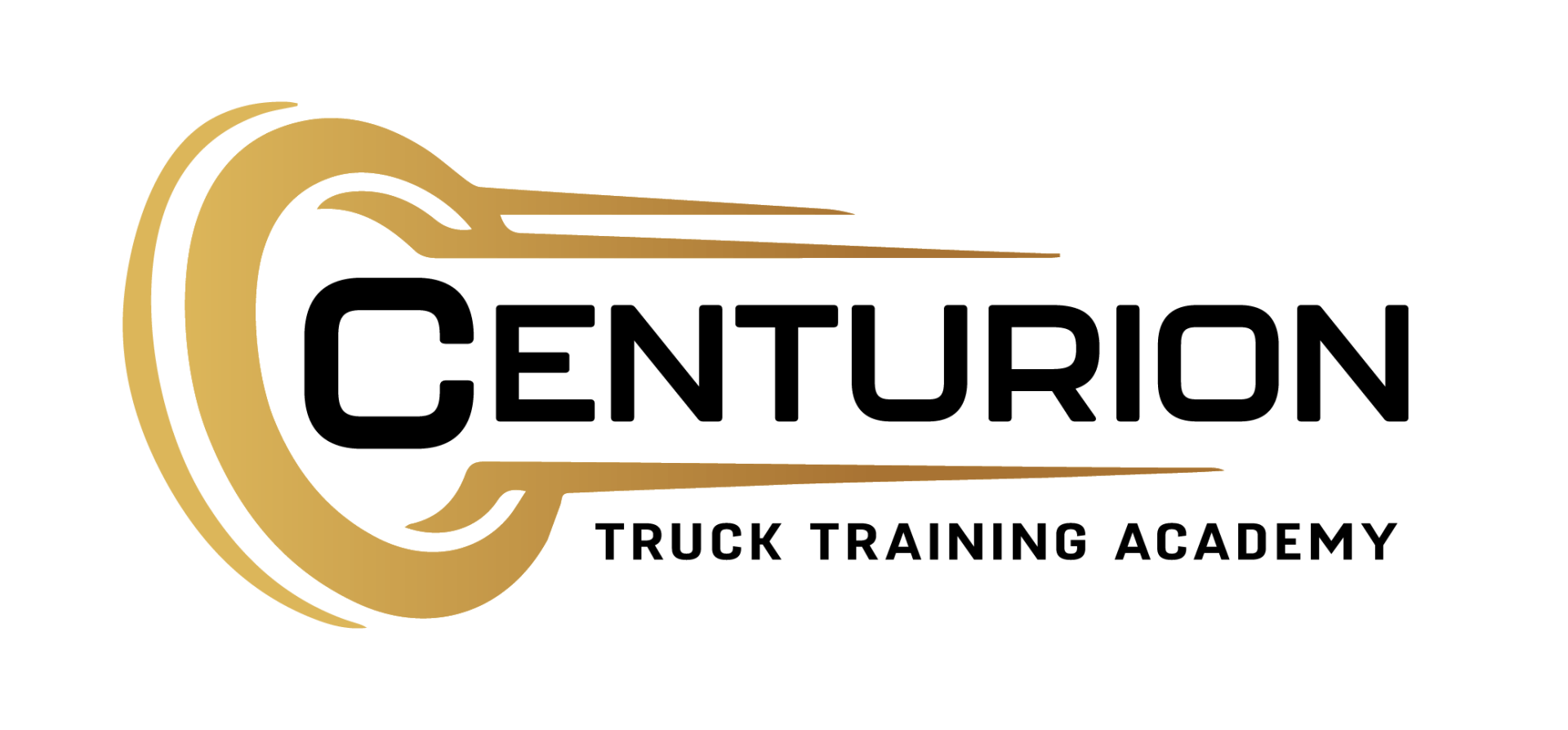Finding a Truck Driving Job with No Experience
April 30, 2024

Securing your first truck driving job can seem like a daunting task, especially without prior experience. The industry's demand for skilled drivers is high, but so are the expectations for knowledge of routes and regulations. This guide will navigate through effective strategies to break into truck driving, focusing on leveraging resources such as
Truck Driving School Brampton, understanding industry requirements, and networking effectively.
Understanding the Industry Requirements
Before stepping into the trucking industry, it is crucial to grasp what employers are looking for in rookie drivers. These criteria can vary significantly among companies but generally encompass a combination of educational qualifications, safety training, knowledge of transportation regulations, and a clean driving record. Gaining certifications, such as the
MELT Program Ontario, can significantly enhance your employability by demonstrating your commitment and readiness for the role.
Leveraging Truck Training Schools for Referrals
Truck training schools are not just learning centers but pivotal networks connecting you to potential employers. If you have earned your
AZ License through a reputable
Truck Training School Brampton, these institutions often have tie-ups with logistics companies that prefer hiring through school referrals. These schools provide a stamp of trustworthiness on your training and readiness, making you a favorable candidate despite lacking field experience.
Highlighting Transferable Skills
In your resume and interviews, shine a light on transferable skills that can underline your potential as a reliable truck driver. Skills such as time management, strong work ethic, and the ability to work independently are highly valued. If you have backgrounds in logistics or customer service, these should be prominently displayed as they highlight your ability to adhere to schedules and manage responsibilities efficiently.
Starting with Local Opportunities
Aiming immediately for long-haul trucking might be ambitious without experience. Start with local or regional driving positions which are more accessible and require less experience. These roles provide essential industry exposure and a chance to prove your skills on a smaller scale. Local driving jobs often include positions in waste management, delivery services, and grocery transport—each offering valuable experience and growth opportunities.
Networking and Utilizing Online Resources
Expand your job search by attending job fairs, participating in trucking forums, and engaging with the community on platforms like LinkedIn or local trucking social groups. Networking is a powerful tool in the trucking industry, where many positions are filled through recommendations and word-of-mouth. Additionally, consider registering with job agencies that specialize in trucking; these can be crucial allies in accessing unadvertised jobs.
Embracing Diverse Experiences
While you might have a specific type of trucking job in mind, be open to different types of driving opportunities such as flatbed, refrigerated, or tanker truck driving. Each type of job diversifies your experience and enhances your resume, making you a more attractive candidate to future employers.
Preparing for Interviews
Thorough preparation for your job interviews can set you apart from other candidates. Customize your resume for each application, research the company extensively, and prepare to discuss how your background, though not directly related to trucking, will contribute positively to your role as a driver. Be ready to answer common interview questions and seek feedback from peers to improve your interview technique.
Considering Apprenticeships or Ride-Along Programs
For hands-on experience, seek out apprenticeship or ride-along programs offered by trucking companies. These programs are designed to provide real-world experience and are an excellent way to make industry connections. While these opportunities might offer minimal compensation initially, they often lead to more lucrative and stable positions once you have demonstrated your capability and commitment.
Breaking into the truck driving industry without experience might seem challenging, but it is entirely possible with the right approach and resources. By understanding the industry, utilizing educational resources, highlighting your skills, and networking effectively, you can pave your way to a successful career in truck driving. Remember, each step you take at
Truck School Brampton is a building block towards your future in this dynamic field.
